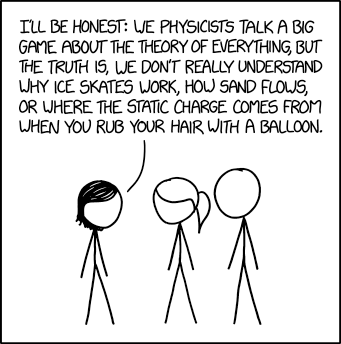Plato's vision of the statesman was of someone who knew better than the common rabble. He had the virtues to know what was best, such as the expertise to make judgments that the inexpert could never make rightly even though the inexpert might be the 'equal' of the expert before the law. The
best thing possible would be for such men to be in the positions of power, Plato argued in the
Laws:
The old saying, that "equality makes friendship," is happy and also true; but there is obscurity and confusion as to what sort of equality is meant. For there are two equalities which are called by the same name, but are in reality in many ways almost the opposite of one another; one of them may be introduced without difficulty, by any state or any legislator in the distribution of honours: this is the rule of measure, weight, and number, which regulates and apportions them. But there is another equality, of a better and higher kind, which is not so easily recognized. This is the judgment of Zeus; among men it avails but little; that little, however, is the source of the greatest good to individuals and states. For it gives to the greater more, and to the inferior less and in proportion to the nature of each; and, above all, greater honour always to the greater virtue, and to the less less; and to either in proportion to their respective measure of virtue and education. And this is justice, and is ever the true principle of states, at which we ought to aim....
The problem, of course, is that it can be quite difficult to know if you are an expert in political matters. Everyone knows whether or not he or she is an expert at fluid mechanics; but no one thinks they are inexpert at recognizing justice and injustice. Nevertheless, some are, and it is to be hoped that the experts are to be in positions of power to overrule the many.
That is, I suspect, the story that John McCain believes himself to be in right now. It may even be the true story, perhaps. The American people gave the whole Congress and the Presidency to the Republican Party on constant and many-times-repeated promises to unmake Obamacare. McCain stepped in and saved it, against the wishes of the majority, trusting his own judgment and expertise more than the will of the people. Alternatively, he could look as a member of a detached elite that is refusing to keep the very promises that raised it to power, betraying the people's trust.
I tend to differ with McCain where the Constitution is concerned. From my perspective he is prone to setting his own judgment above it, as in Campaign Finance Reform, and as now. The Constitution is silent on the Federal provision of health care; that being the case, under the 10th Amendment, it should be left to the states or to the people. We would be happier if we did not have to fight so hard about these matters where we Americans differ so greatly on what right looks like. Still, like others I can only make an assumption about my expertise on these matters. Certainly the vast majority of Americans do not care very much about the Constitution being upheld with any sort of exactness. They're happy to have some welfare, some Social Security, some Medicare, some Medicaid, some Federal regulations on what kind of crops you grow in your own yard within a single state, or... well, they have endured many things, and some minority of Americans are devoted to voting for ever more such things.
So did he do right or wrong? It depends on how good his judgment is, and what his virtues are. But if he is the statesman resisting the mob it is odd that the mob's judgment has been so steady. Mobs are supposed to be dangerous because they are swayed by passion, but Republican voters have wanted this law killed for seven full years. It may very well be that the considered and stable judgment of the many means that, in this case at least, the many is not merely a mob in need of correction by the wise.
All the same a man has to act on his judgment and live with his conscience, of course.



